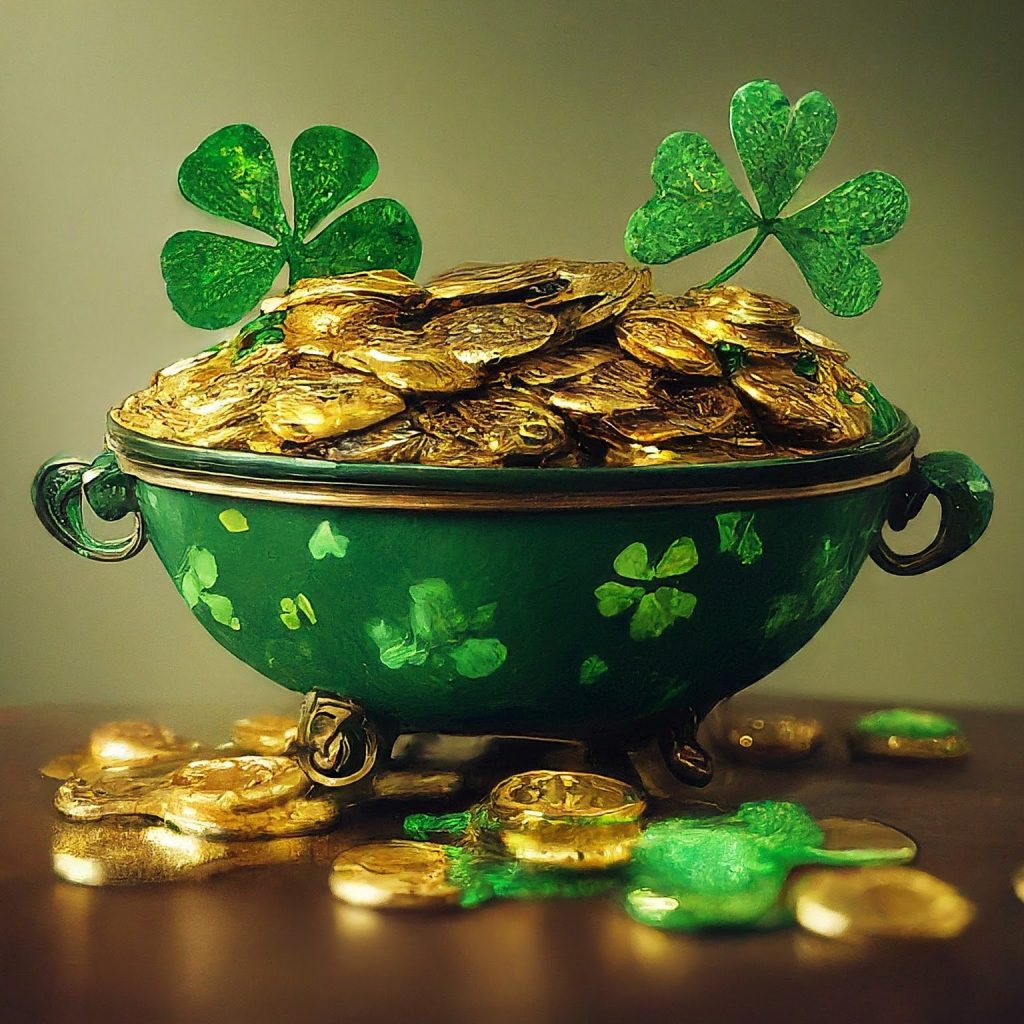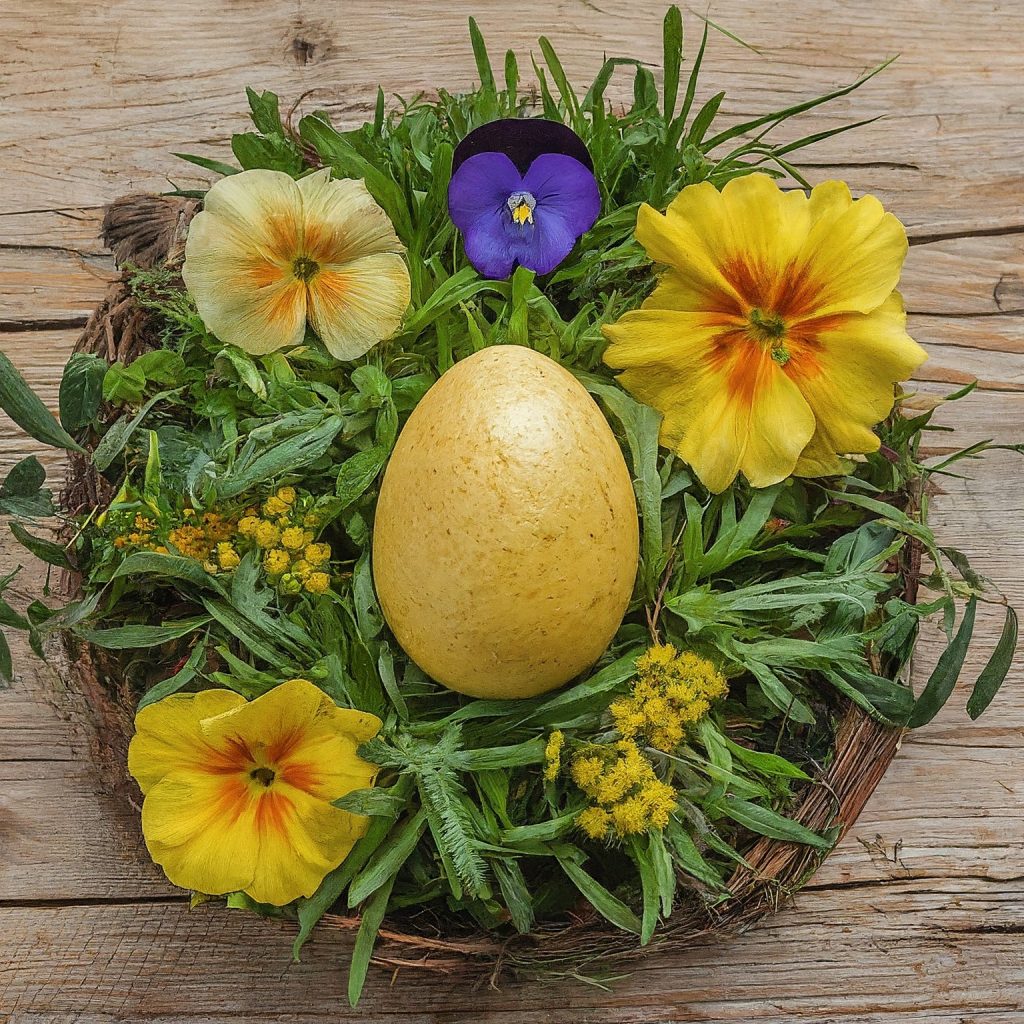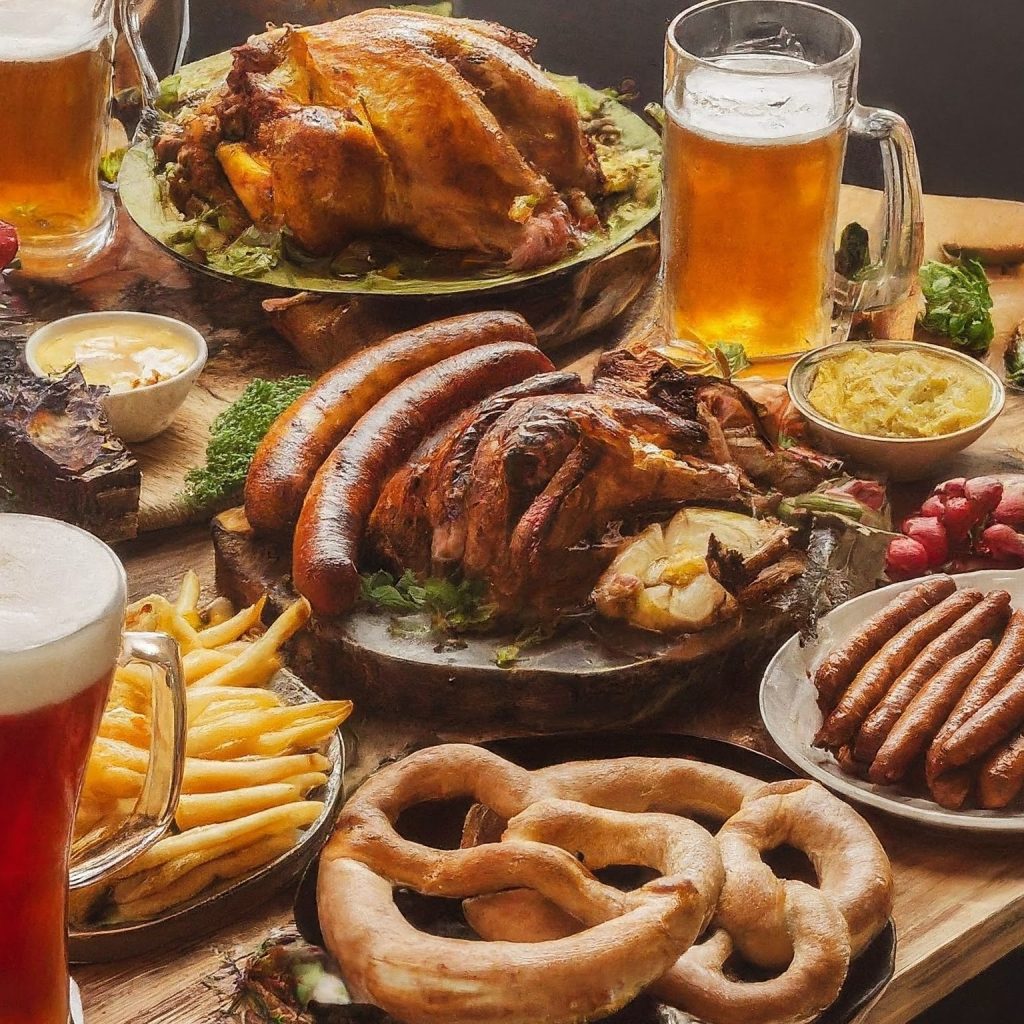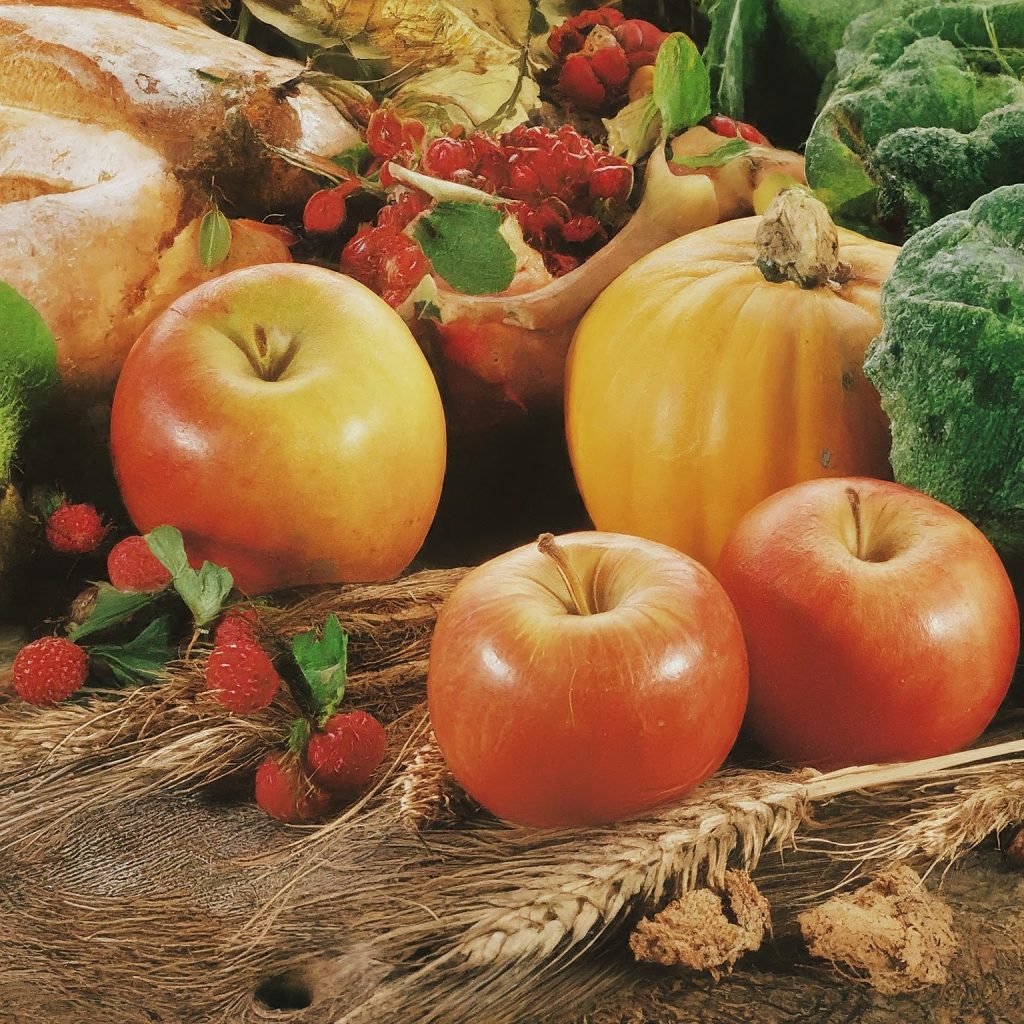Month Names English To German
In this article, we provide you the information about month names English to German language. So you can read and learn the German language from this website germanylifestyle.com.
Here’s a table showing the month names from English to German:
Table
| English Month | German Month | Pronunciation (IPA) | Notes |
| January | Januar | /jaˈnuːar/ | Derived from the Roman god Janus, god of beginnings and endings. |
| February | Februar | /ˈfebruːar/ | Named after the Roman festival Februalia, a purification ritual. |
| March | März | /mɛrts/ | Possibly derived from the Roman god Mars, god of war. |
| April | April | /ˈaːprɪl/ | From the Latin “aperire,” meaning “to open,” signifying springtime. |
| May | Mai | /maɪ/ | Likely named after Maia, the Roman goddess of spring and growth. |
| June | Juni | /ˈjuːni/ | Named after Juno, the Roman queen of gods and women. |
| July | Juli | /ˈjuːli/ | Named after Julius Caesar, who was assassinated in this month. |
| August | August | /ˈau̯ɡʊst/ | Named after Roman emperor Augustus. |
| September | September | /zɛpˈtɛmbeər/ | From the Latin “septem,” meaning “seven,” as it was the seventh month in the Roman calendar. |
| October | Oktober | /ɔkˈtoːbər/ | From the Latin “octo,” meaning “eight.” |
| November | November | /noˈvembər/ | From the Latin “novem,” meaning “nine.” |
| December | Dezember | /deˈtsembɛr/ | From the Latin “decem,” meaning “ten.” |
Days Name English to German
Details about Each Month from a German Perspective:
Januar (January)

Januar marks the beginning of the new year in Germany. It is often associated with new beginnings, resolutions, and winter festivities, including the celebration of New Year’s Eve (Silvester). The weather is usually cold, and snowfall is common in many parts of Germany, especially in the south.
Februar (February)

February is the month of carnival celebrations in many regions of Germany, particularly in the Rhineland. Cities like Cologne, Düsseldorf, and Mainz host vibrant street parades, costume balls, and other festivities. Valentine’s Day (Valentinstag) is also observed with enthusiasm, with people exchanging flowers, chocolates, and gifts.
März (March)

März signals the arrival of spring in Germany. The weather begins to warm up, and the landscape starts to bloom with colorful flowers and blossoming trees. One notable event in March is St. Patrick’s Day, which is celebrated in some cities with parades and Irish-themed parties.
April (April)

April is characterized by unpredictable weather, including occasional showers and bursts of sunshine. Easter (Ostern) falls in April or early May, depending on the year. Germans celebrate Easter with various traditions, such as decorating eggs, baking Easter cakes (Osterkuchen), and organizing egg hunts for children.
Mai (May)

May is a festive month in Germany, with several public holidays, including Labor Day (Tag der Arbeit) on May 1st and Ascension Day (Christi Himmelfahrt). The arrival of warm weather brings people outdoors to enjoy activities like hiking, cycling, and picnicking. Maypoles (Maibäume) are erected in many towns and villages as part of traditional May Day celebrations.
Juni (June)

June marks the beginning of summer in Germany. The days are long, and outdoor events and festivals abound. One of the most famous events is the annual Berlin Carnival of Cultures (Karneval der Kulturen), which celebrates the city’s multiculturalism with music, dance, and food from around the world.
Juli (July)

July is a popular month for outdoor activities, including swimming, barbecuing, and visiting parks and lakes. Many Germans take their summer vacations in July, heading to coastal regions like the North Sea and the Baltic Sea or to the picturesque Bavarian Alps.
August (August)

August is characterized by warm temperatures and sunny days. It is a peak month for tourism, with visitors flocking to popular destinations like Berlin, Munich, and the Rhine Valley. Wine festivals (Weinfeste) take place in several wine-growing regions, offering tastings, live music, and regional cuisine.
September (September)

September marks the transition from summer to autumn in Germany. The weather becomes cooler, and the leaves on trees begin to change color. The Oktoberfest in Munich, the world’s largest beer festival, starts in late September and continues into early October, attracting millions of visitors from around the globe.
Oktober (October)

Oktoberfest dominates the cultural scene in Germany during October, but it’s not the only event of note. Harvest festivals (Erntedankfest) are celebrated in rural communities across the country, giving thanks for the bounty of the harvest season.
November (November)

November is a month of remembrance in Germany. On November 9th, Germans commemorate the fall of the Berlin Wall in 1989, a pivotal event in the country’s history. Additionally, Volkstrauertag (Memorial Day) and Totensonntag (Sunday of the Dead) are observed to honor the victims of war and tyranny.
Dezember (December)

Dezember is synonymous with the festive season in Germany. Christmas markets (Weihnachtsmärkte) spring up in towns and cities, offering handmade crafts, mulled wine (Glühwein), and festive treats. Families come together to decorate Christmas trees (Weihnachtsbäume) and exchange gifts on Christmas Eve (Heiligabend). The month culminates in New Year’s Eve celebrations, with fireworks lighting up the sky at midnight.


